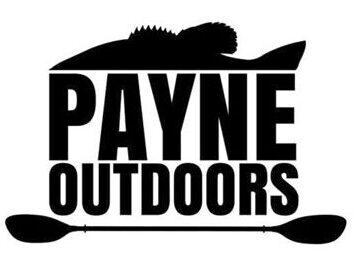 Contributed by Travis Billings
Contributed by Travis Billings
How much time do you spend thinking about your nutrition before a tournament or just a day of fun on the water alone or with friends or family? This is something that should be at the top of every kayak angler’s checklist before you leave the house. We as kayakers spend a lot of energy paddling and that energy has to come from somewhere. I’ll eat something high in carbs such as pasta the night before and I like to pack all my foods the night prior of leaving my house.
So what should you look for in foods for a day on the water? Let’s start with the most important meal of the day, breakfast. You should eat a meal that’s high in protein and moderately high in carbs and low in fat. Skip the high sugary cereal or pop tart and have a couple of boiled eggs, some fruit with a handful of almonds. Next you should pack a “mid-day” snack. I like to pack a Cliff Bar which is a good source of carbs but any low sugar energy bar with 20+g of carbs will do and pair with a handful of your favorite nuts. Then near lunch time a good option is a peanut butter/almond butter jelly sandwich with wheat bread. The protein in the peanut/almond butter plus the carbs from the wheat bread will give you the energy to paddle that extra mile or so. A couple hours after that ill have another Cliff Bar.
Along with the foods, don’t overlook the importance of hydration. Red Bull or Monster energy drinks will not hydrate you; in fact they do the exact opposite. Stay clear of those. Gatorade and water are the best options to keep hydrated especially in the summer months. I normally pack two Gatorades and five to eight bottles of water and will freeze 4 of them.
Now here’s something to think about. Do you pack extra food? Not to feed the birds or fish but to have in case of an emergency. What if you get lost? What if you get stranded for some reason? It’s a good idea to pack extra food/water in case of in an event like this. I keep a MRE in the hull of my kayak just in case. There are many stories of people going for days before they are found. So, it’s better to be safe than sorry. Always tell someone where you are planning on launching and the general area you plan on fishing. Always check the weather.
Food and water are as important as any other safety device. Don’t overlook the importance of nutrition. These are all suggestions, listen to your body, if you’re hungry, eat. If your thirsty, drink.
